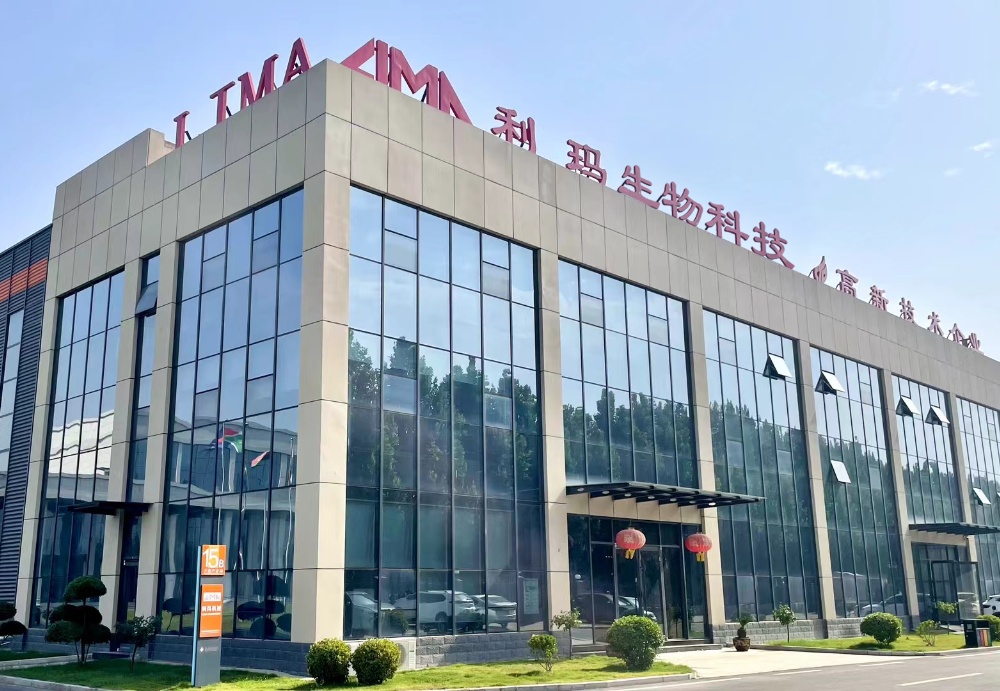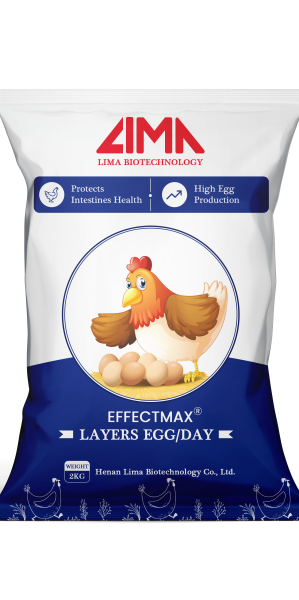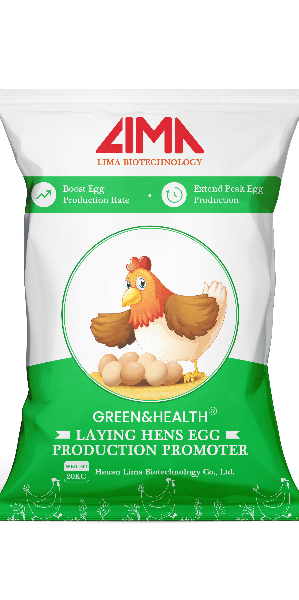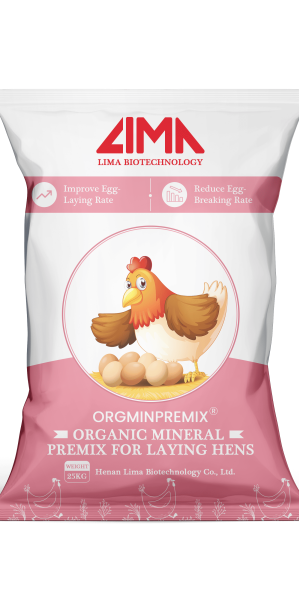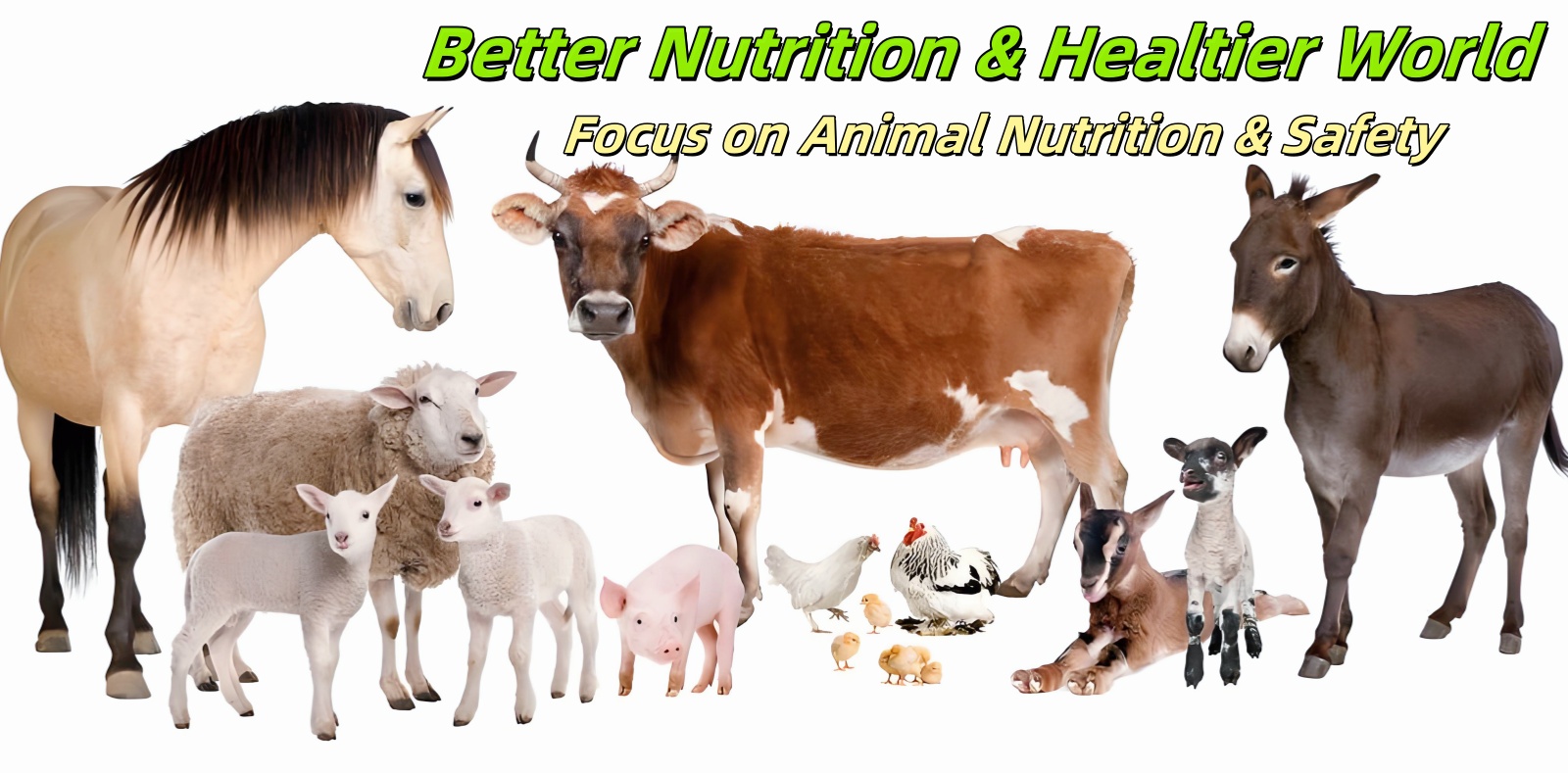During the breeding process, the laying hens suddenly stopped laying eggs or the amount of eggs they laid decreased. or maybe the amount of eggs laid is significantly reduced compared to other chickens. what is the reason for this?
For ordinary family farming, the impact may not be significant. but for farmers, the loss cannot be underestimated.
If you also encounter this problem, don't worry. take a look at the following reasons and see if you are affected.
Insufficient light exposure time
Light affects the hormone secretion in laying hens, thereby affecting the physiological state of laying hens.
If there is insufficient light. their reproductive systems may go directly into a dormant state. and the outward manifestation is that they do not lay eggs.
Solution: If you are in a season with long nights and short days, you need to provide necessary artificial lighting. carry out light maintenance in the early morning and evening.
It should be noted that most chickens are exposed to light for 14-16 hours, then they can maintain normal egg production. be careful not to fill light for too long, and soft lighting is recommended.

Age
When laying hens grow to about 4 months old. they will enter sexual maturity, and start laying eggs. at this time, the eggs are smaller. the eggshells are relatively weak. and the egg production is lower.
When the laying hens are about 6 months old, they enter the peak egg-laying period. usually the egg production rate can reach more than 90%. the laying hens at this time are in the state that farmers expect. the condition will probably last for 3-4 months.
After the peak egg-laying period. it enters a stable period, which can last for about a year. Egg production has decreased compared to the peak period, but the quality of eggs is still good.
After the chicken reaches 70 weeks of age, the egg production will drop significantly. because the chicken's reproductive system has entered the old stage.
Solution: the physiological cycle of chickens is inevitable. and we cannot change it. but we can intervene in their hormone levels through feed additives. to achieve a high egg production rate.
Feed additives are rich in complex enzymes, plant extracts, bioactive peptides, and other substances.
These substances can effectively shorten the growth and development period of laying hens. Activate ovarian function, promote follicle development. prolong the peak egg-laying period, and improve eggshell quality. thereby increasing the economic benefits of farmers.
Therefore, feeding feed additives is a very good solution.

Nutritional deficiencies
Whether it is animals or plants, nutrients are essential for growth and development. The nutrients that laying hens need are nothing more than protein. Calcium. Vitamins. and other trace elements.
If the nutrients required by laying hens are not sufficient to support their growth and development. normal growth may be a problem, let alone laying eggs!
However, some farmers may question: why the hens grow slowly and lay fewer eggs. even though they are fed enough food.
This is actually because the nutrients in the feed are not fully absorbed by the laying hens. feed eaten by laying hens, 60% converted into nutrients and absorbed. another 40% is excreted with feces.
This phenomenon not only wastes feed but also harms the health of laying hens. It is a very difficult problem for farmers, but they are helpless.
Solution: Since laying hens cannot fully absorb nutrients. then we can improve the chicken's gastrointestinal tract to promote nutrient absorption.
Long-term drug feeding is not feasible. not only will it harm the health of the chickens, but it will also increase the cost of raising them.
Feed additives, such as amino acids, vitamins, minerals, etc., are helpful for the nutrient absorption of laying hens. some probiotics promote digestion.
If a little bit of additives is taken in with feed every day. it can increase the feed conversion rate of laying hens by 90%. for farmers, with less feed input, laying hens can grow stronger and lay more eggs.
Proper feeding of feed additives is a win-win solution. it can bring economic benefits and in crease profits.

Disease lurks
When laying hens are in a sub-healthy state, their production performance will decline. the quality of eggs will also deteriorate significantly. such as thinner eggshells, more egg whites, and higher breakage rates.
If symptoms occur during the peak egg-laying period. it will be difficult for the egg-laying hens to recover their egg-laying rate. even if remedial measures are taken.
There are many reasons why laying hens are in a sub-healthy state. for example, bacterial infection, emergency response, overcrowding, etc.
Over time, it will turn into a more serious disease. such as respiratory diseases, intestinal diseases, reproductive system diseases, etc.
Reproductive system diseases can lead to a decrease in egg production in laying hens. some even discontinued production directly.
Solution: Farmers need to pay more attention to daily maintenance work. such as scientific feeding and regular inspection of the health of the chickens. disinfection of chicken houses, reasonable control of density, etc.
In addition, it is more important to get laying hens out of sub-health status from the source. improve immunity and reduce the risk of disease. ensure that laying hens are healthy and produce high-quality eggs stably. feed additives are indispensable.
The herbal extracts, vitamins, minerals, and antioxidants contained in feed additives. they all have the function of protecting the immune system. feed additives can effectively reduce farmers' maintenance input and increase their economic benefits.

Summarize
With the rapid development of science and technology today. the application prospects of additives are very broad. It can improve the nutritional value of food, and improve the balance of flora in animals. enhance animal immunity and promote their growth and development.
The application of feed additives plays an important role in modern animal husbandry production.













